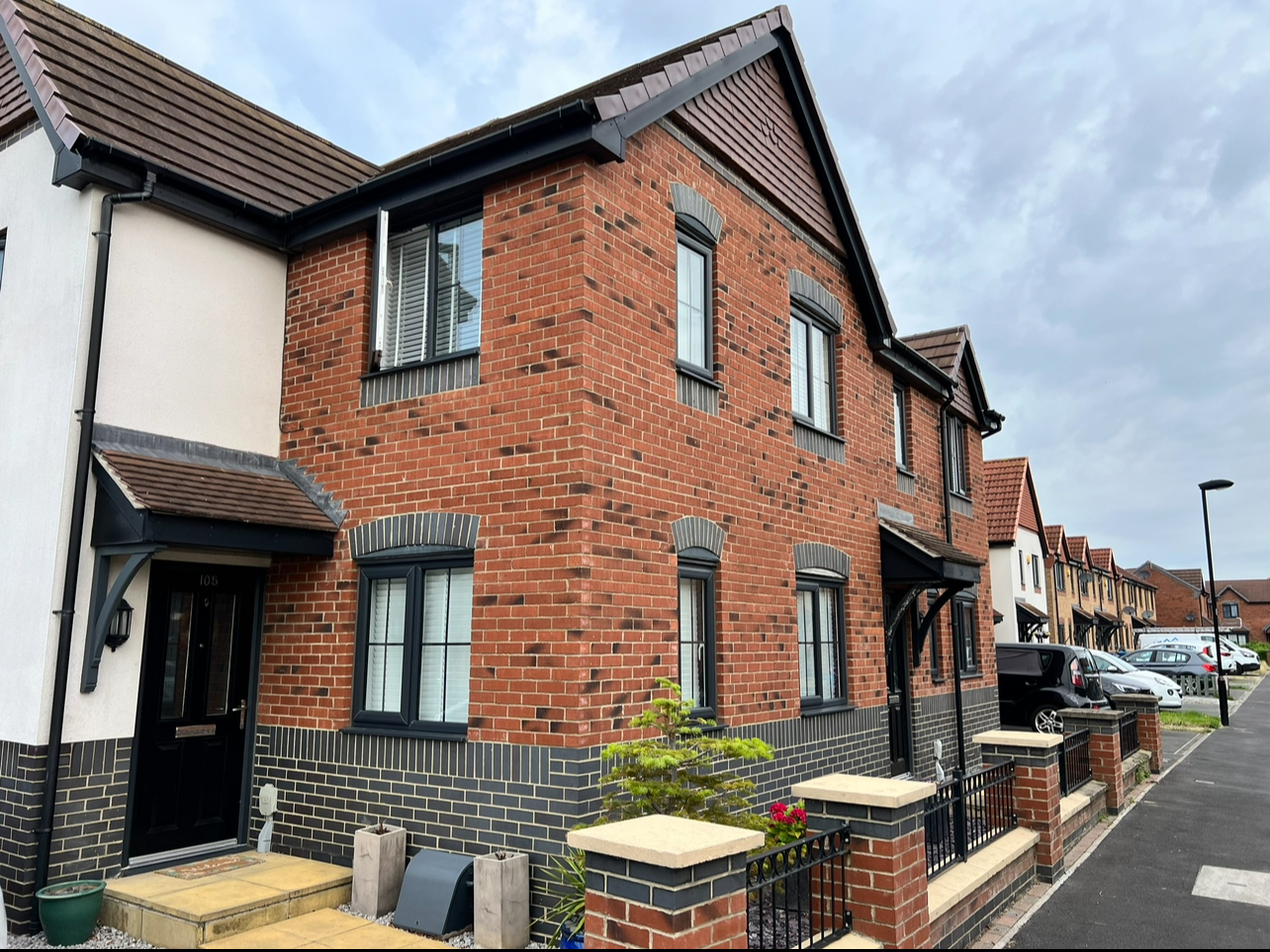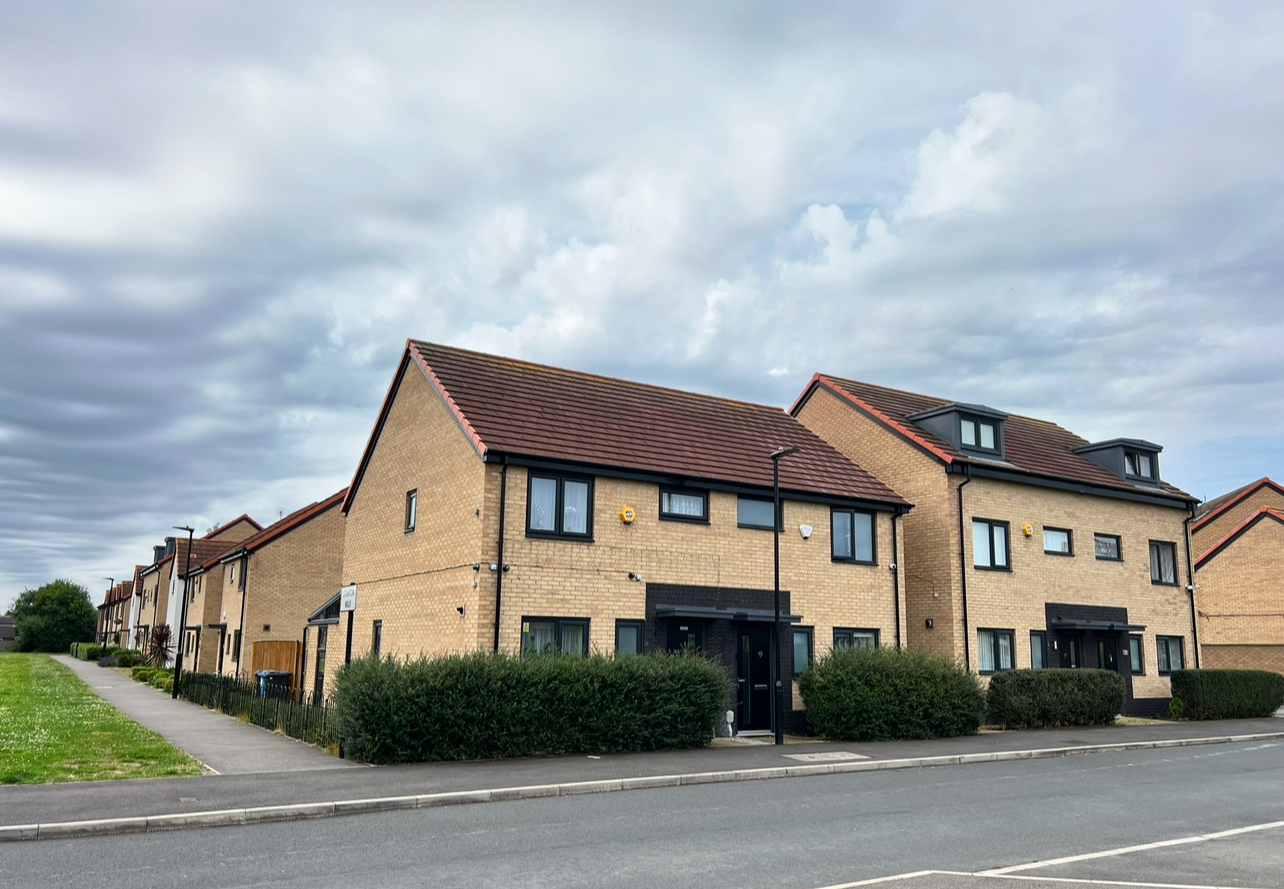
Owning property or getting into real estate investment can seem like a daunting, capital-intensive goal. In fact, many people give up on property investment because they believe they don’t have enough money to get started. But what if I told you that you can get into real estate in the UK without having to spend a fortune on buying property?
Yes, it might sound too good to be true, but stick with me—there are ways to start building your property portfolio with little to no upfront investment. In this article, I’ll show some smart ways to get into real estate in the UK with little or no money to your name. Let’s dive in!
Rent-to-Own: A Creative Way to Start Property Investment
Rent-to-own is an innovative and accessible way to break into property investment without needing a large upfront sum. Here’s how it works: some rent-to-own agreements include an option for you to buy the property after a set period, while others may require you to purchase it once the agreement ends.
The key is finding rent-to-own properties in locations where people are eager to buy or rent. Research the potential rental income and the duration needed to pay before you fully own the property. Once you’ve secured the property, you can lease it to tenants at a slightly higher rent than your agreement with the landlord. This difference becomes your profit, creating an income stream even before owning the property outright.
Rent-to-own arrangements allow you to control a property and build equity gradually while benefiting from potential property value increases. It’s a low-risk, flexible strategy that’s especially useful for first-time investors aiming to enter the UK real estate market without a hefty deposit.
Property Joint Ventures: Teamwork for Real Estate Success
A property joint venture is a collaborative approach to real estate investment that allows multiple people to pool their resources, skills, and expertise to purchase an investment property. These partnerships are flexible and don’t always require equal contributions—some partners may invest more money, while others bring valuable skills like financial planning, market knowledge, or negotiation expertise to the table.
For many aspiring property investors, joint ventures are a stepping stone to building their portfolios, especially in the early stages. By sharing responsibilities and leveraging each partner’s strengths, joint ventures can minimize individual risks and open up opportunities that might otherwise be out of reach.
The key to a successful joint venture lies in trust and clear communication among partners. It’s essential to define roles, expectations, and financial contributions upfront. Joint ventures often work best as short-term arrangements, focusing on specific projects like property development, refurbishment, or quick sales.
House Hacking: Live in One Unit, Rent Out the Rest
If you’re eager to get into property investment but don’t have the funds for a hefty deposit, house hacking could be the perfect solution. This creative strategy allows you to buy a multi-unit property with minimal upfront cost and generate income through renting out the extra units.

House hacking typically involves purchasing a property with multiple units, like a duplex or triplex. You live in one of the units while renting out the others. The rental income from those tenants can help cover your mortgage payments, making it possible for you to live in your investment for little to no cost.
This approach is an excellent way to start building wealth through real estate, even if you’re starting with limited capital. It lets you take your first step into the property market while using the rental income to offset your living expenses.
Property Lease Options: A Low-Cost Way to Control Property
Property lease options, also known as purchase lease options (PLOs), offer an innovative way to get involved in property investment with minimal upfront capital. Essentially, a PLO allows you to control a property without owning it outright. You secure the right to buy the property later, but you’re not obligated to do so.
Here’s how it works: You can enter into an agreement with the property owner, making a small upfront payment (sometimes as little as £1). The agreement will outline the monthly payment you’ll make to the owner, the duration of the lease, and the purchase price if you decide to buy in the future.
In the meantime, you can manage the property and rent it out to tenants for a profit. This is a huge advantage because you’re essentially controlling the property without the hefty 25% deposit usually required for a mortgage. You generate rental income, and if the property’s value increases, you could secure instant equity when you eventually decide to buy.
Remortgaging Your Home
Another option to consider is remortgaging your home. This strategy allows you to tap into the equity of your primary residence to free up capital for investment properties. It’s especially useful for homeowners who have built significant equity in their homes over time.

By leveraging your existing assets, you can invest in real estate without needing a large upfront deposit. This approach provides a great way for those with limited initial funds to get started in the property market and even launch a property business.
If you already own a home and are looking to invest in real estate with little to no money down, remortgaging could be a strong strategy to explore.
What Next: Deciding Which No-Money Property Investment Strategy Is Best For You
From the five ways to invest in properties with little or no money, you now have several options to consider. But before making any decisions, it’s important to dive deeper into each strategy to understand how it works and which one suits your goals and situation best.
If you’d like expert insight into any of these strategies, we’re here to help. Book a free discovery call with us today to get answers to all your property investment questions and make a well-informed choice on how to move forward with your real estate journey.
![]()
